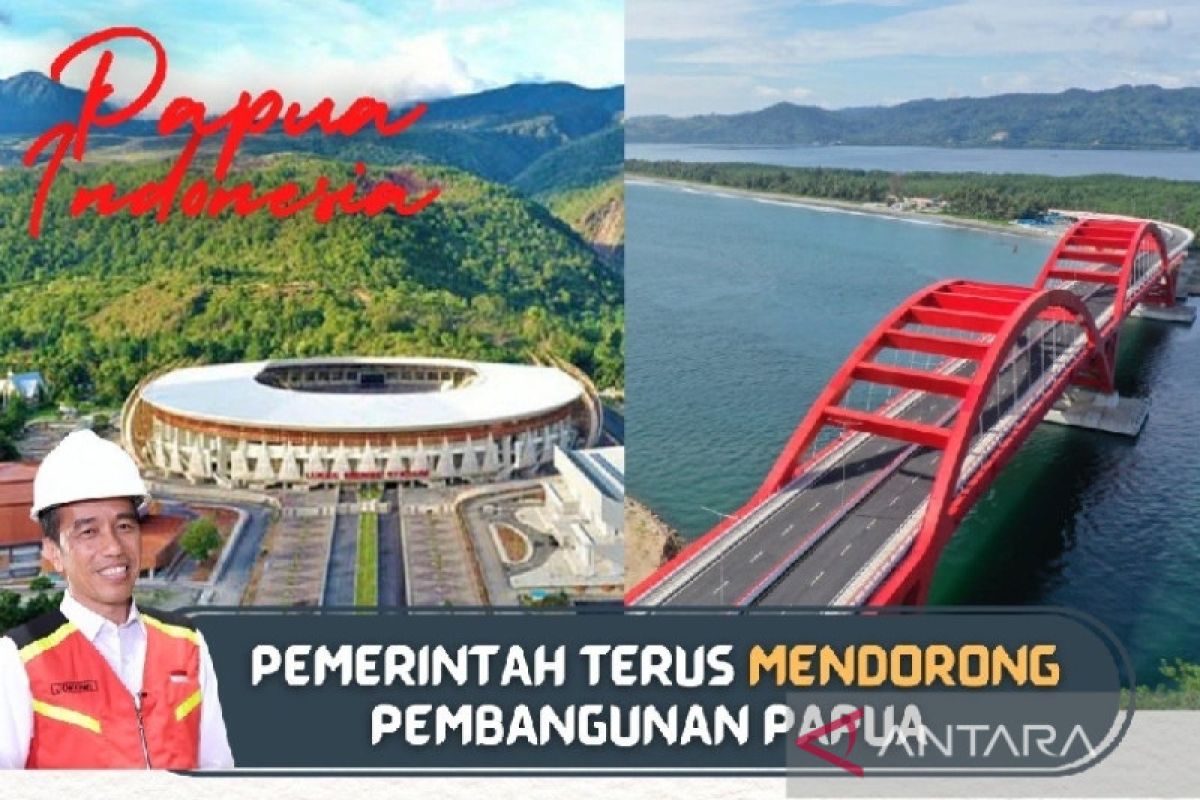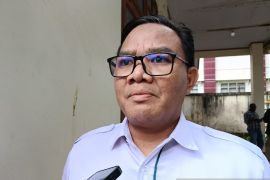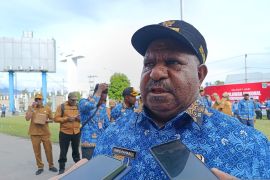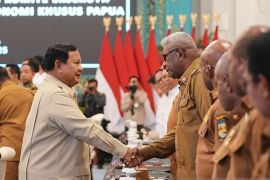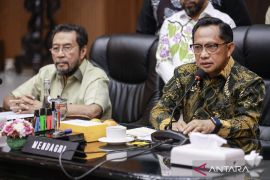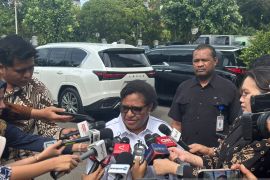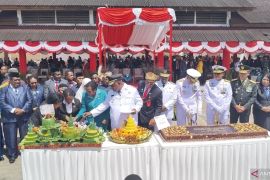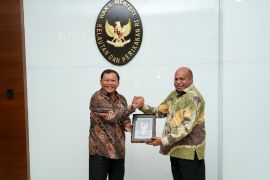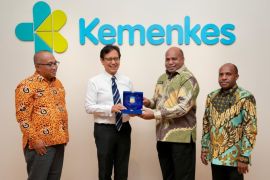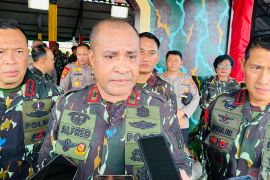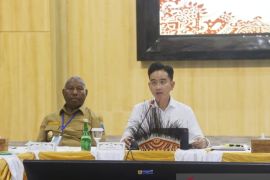Spread over an area of 418,707.7 square kilometers, Papua is about three times the size of Java Island. This large area made Papua’s reorganization necessary to ensure better development in the province and improve the provision of services to Papuans.
Last year, three laws on Papua's reorganization and expansion were issued on July 25: Law Number 14 of 2022 about South Papua Province Conception, Law Number 15 of 2022 about Central Papua Province Conception, and Law Number 16 of 2022 about Papua Highlands Conception.
Then, on December 9, 2022, the Home Affairs Minister, acting on behalf of President Joko Widodo, inaugurated Southwest Papua province, welcoming the region as the newest addition to the list of provinces in Indonesia. The formation of the province was based on Law Number 29 of 2022.
With the laws coming into effect, Papua currently has six provinces: Papua with Jayapura city as its capital, West Papua with Manokwari as its capital, South Papua with Merauke as its capital, Central Papua with Nabire as its capital, Papua Highlands with Jayawijaya as its capital, and Southwest Papua with Sorong as its capital.
The reorganization intended to divide Papua into smaller and much more manageable administrative areas to better cover people’s access to services. It was hoped that the initiative would improve the people's welfare.
Demands for such a reorganization and expansion in Papua had been raised by the people of the land since the May 21, 1998 reform.
Now, the reorganization and expansion of Papua have been met with a dynamic response, with the province consistently doing its best to finish stagnated development tasks.
During her term as Indonesian president from 1999 to 2004, Megawati Soekarnoputri pushed through Law Number 21 of 2001 about Papua Special Autonomy as the first basis for Papua's development, which allowed Papua special rights in carrying out its governance.
However, with the passage of time and changes in leadership, the people's wish for expansion continued to grow, particularly during President Joko Widodo's administration, which also stated its intention to improve the Papuans' welfare.
Through the 20 years of special autonomy enjoyed by Papua from 2001 to 2022, many improvements and achievements could be seen in the province, all of which benefited the people.
Many infrastructures sprouted in the area, such as airports, roads, bridges, residential areas, and even sanitation facilities, which extended all the way to homes in remote areas.
This success was followed up with Law Number 2 of 2021 on the Second Amendment of Law Number 21 of 2001 on Papua Special Autonomy.
The law boded well for Papuans who had sought expansion, and it came as a direct measure from the central government, without going through the Papuan People’s Congress first.
The law allowed the central government and the House of Representatives to realize Papua's reorganization and expansion, as reflected by the new autonomous regions carved out of the province.
Easier bureaucracy
Leader of the Biak National Youth Committee, Jemmy C. Krobo, said that the new provinces were formed to ensure easier bureaucracy so that the government could cater to the people better.
Another reason was to improve the welfare of Papuans living in villages and districts.
Krobo noted that the expansion was expected to boost development in the easternmost land.
“The expansion of autonomous areas in Papua can also reduce regional disparities in development," he said.
He further said he expected the government initiative to fulfill the aspirations of the Saereri people and other tribes or people of Papua.
Another aspiration of the Saereri people has remained: the formation of North Utara province, covering Biak, Supiori, Waropen, and Yapen Islands.
The expansion is a manifestation of the Papuan people's wishes, so they can live a just, good, and peaceful life.
Its significance was captured in Home Affairs Minister Tito Karnavian's message when he inaugurated Southwest Papua province.
"We hope that with this Southwest Papza province, once more, it will boost development in Papua so as to improve Papuan people's welfare, including Papuan indigenous people, aside from others who live there. We also hope that this makes for shorter line of bureaucracy. No more one have to coordinate, communicate to Manokwari; (if you are) in Sorong Raya, it is enough to go to the capital, Sorong city," he said.
Job vacancies
According to Biak district head Herry Ario Naap, the reorganization and expansion of Papua aim to cut bureaucracy to allow Papuans residing in rural areas to gain easier access to government services. It also seeks to improve people's welfare and create jobs for locals.
People are harboring high hopes of changes following Papua’s expansion and expecting a better life. It is expected that the Saereri people's wish to have a North Papua province would be heard and granted by the central government so that development in Papua can be improved further.
Commander of the Papuan Customary Force, Yosef Daud Korwa, said that such an expansion could raise the indigenous Papuans' dignity.
"Moreover, the expansion of Papua province will provide opportunities for new job vacancies for indigenous Papuan youth," he said.
And the expansion of Papua region is expected to generate opportunities for indigenous people who served as state civil servants to fill some positions.
An expert from Biak, Dr. Muslim Lobubun MH, said he believes that the reorganization and expansion will promote equitable development and better address the needs of the community.
The expansion is expected to have a profound impact on the regional economy, with small and medium enterprises in Papua beginning to show more activities.
"In fact, regional expansion can also employ university graduates to serve in the bureaucratic scope," he said.
The government's efforts to ensure the prosperity of the indigenous Papuan people by creating new autonomous regions in Papua and West Papua have become a strategic policy for boosting development.
Related news: Police, TNI remain resolute to advancing president's agenda in Papua
Related news: Bappenas reviews Papuan provinces' readiness to implement 3 missions
Related news: Papua conducive after Governor Enembe's arrest: National Police
Translator: Muhsidin, Mecca Yumna
Editor: Azis Kurmala
Copyright © ANTARA 2023
